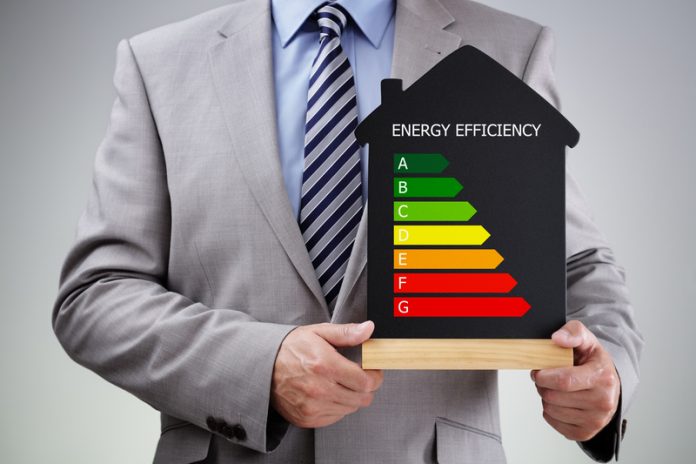Tenants living in some of the coldest homes in England and Wales are set to benefit from amended regulations requiring landlords to install energy efficiency measures, Energy and Clean Growth Minister Claire Perry announced today
Since April this year, landlords who own some of the coldest privately rented homes have been required to improve these properties with energy efficiency measures where support is available to cover the costs. The new measures, announced today following a public consultation, will go further requiring landlords to contribute to the cost of upgrades.
During 2019, properties with an Energy Performance Certificate (EPC) rating of F or G, the lowest 2 energy efficiency ratings available, must be made warmer by landlords before they can be put on the rental market for new tenancies. This is expected to cost £1,200 on average and will affect 290,000 properties, which represents around 6% of the overall domestic market. Examples of measures include: installing floor insulation, low energy lighting or increasing loft insulation. If upgrades will cost more than £3,500, landlords will be able to register for an exemption.
These changes are expected to save households an average of £180 a year while reducing carbon emissions and potentially increasing property values with analysis showing the cost to the landlord would be more than offset by the increase in property value.
Energy and Clean Growth Minister Claire Perry said: “While the vast majority of landlords take great pride in the properties they own, a minority still rent out housing that is difficult to keep warm. Upgrading these homes so they are more energy efficient is one of the most effective ways to tackle fuel poverty and help bring down bills for their tenants, saving them £180 a year.
“Everyone should be protected against the cold in their own home and today’s announcement will bring this reality closer.”
Housing Minister Heather Wheeler MP said: “I strongly welcome these new measures, which will help improve the coldest homes, protecting tenants whilst also saving them money.
“This builds on our on-going work to crack down on the small minority of rogue landlords and drive up standards in the Private Rented Sector, including through our reviews of health and safety standards and carbon monoxide alarm requirements in the home.”
It is estimated by the World Health Organisation that 30% of avoidable winter deaths are due to people living in cold homes. These can be prevented if people were kept warm during the winter months.











